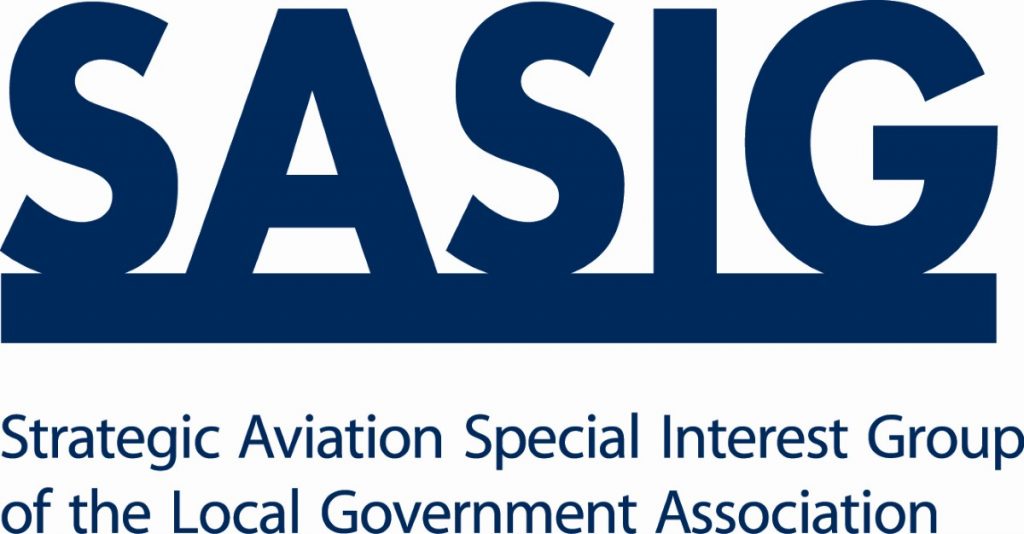SASIG: Aviation policy needs a reality check – and a new commission
Further evidence to support SASIG’s call for a review of national aviation policy has come from the government’s own sustainable development advisor – the Sustainable Development Commission.
This is welcomed by SASIG 1, which has been calling for the government to review its national aviation policy. In 2006 SASIG published advice to government and MPs in ‘The 2003 Aviation White Paper: Did the government get it right?’ 2 looking at the options available for the future of UK aviation policy.
A year-long SDC/ippr 3 Open Dialogue on Aviation has concluded that the evidence base used to form current aviation policy is so distrusted as to invalidate the policy. The SDC and ippr have advised the government to set up a special and independent commission through which to update the evidence base in the context of maximum consensus amongst stakeholders. They have also called on government to set out policy options in order to stimulate a national debate, involving the public and stakeholders. SDC & ippr then want the findings of the special commission to be incorporated into an update of the Air Transport White Paper.
The SASIG Chairman, Richard Worrall, said: “The SDC and ippr are to be commended for their thorough and even-handed Open Dialogue on Aviation. The value of bringing together stakeholders from across the broad spectrum of interest has provided us all with a valuable base from which to move forward with a fully-participative review of national aviation policy.”
Richard Worrall continued: “SASIG has for a number of years highlighted the need for a truly national debate on the full range of options for our national aviation policy. This is now a critical time for government departments to work together more effectively than in the past. The public deserve a strategy that takes account of all social, environmental and economic factors, providing for aviation growth in the best way possible or constraining growth. And it is important that those factors – particularly the economic factors – are based upon accepted measures of the benefits rather than a one-sided assessment.”
The issues derived by SDC/ippr from their work on aviation show how vital it is to have a robust policy, which has consensus support, in order to progress matters such as National Policy Statements in the reformed planning system.
SASIG looks forward to continuing to work with the government, to not only update the evidence base, but also to debate the policy options and identify funding priorities to help the travelling public make more sustainable travel choices.
Richard Worrall concluded: “SASIG is delighted that SDC/ippr have advised that the expansion plans at Heathrow and Stansted should be put on hold, since the basis for those decisions was wholly unreliable evidence. This is particularly important in light of comments from the former BA Chief Executive, Bob Ayling, that a third of all Heathrow passengers – interlining passengers – do not benefit UK plc, and the new London Mayor’s call for a debate on the need for a new airport rather than expansion at Heathrow and Stansted.
The government must recognise that these issues will not go away. Indeed, they will only get more serious if we do not now have an open and wide-ranging debate about our approach to aviation. The independent commission, proposed by this new study, must now be the best way forward.”
END
NOTES TO EDITORS
1. The Strategic Aviation Special Interest Group of the Local Government Association (SASIG) seeks to ensure that any national aviation strategy for the UK is implemented through regional planning guidance and other planning processes so as to reconcile economic, social and environmental issues in a sustainable way.
SASIG has a broad national membership of local authorities but does not speak on behalf of the Local Government Association as a whole.
2. For copies of ‘The 2003 Aviation White Paper: Did the government get it right?’, please email sasig@surreycc.gov.uk.
3. The Sustainable Development Commission is the government’s independent advisory body on sustainability issues, chaired by Jonathan Porritt and reporting to the Prime Minister. The Institute for Public Policy Research (ippr) is the UK’s leading progressive think tank, producing cutting edge research and innovative policy ideas for a just, democratic and sustainable world. Jointly they published the results of their study in a hard-hitting report ‘Breaking the Holding Pattern’.
The 2006 SASIG discussion document – ‘The 2003 Aviation White Paper: Did the government get it right?’ identified that a serious debate about long-term aviation policies needs to take place. It suggested a range of alternative options:
. To identify a sustainable level of growth, possibly closer to 2% than the current average growth of around 5% per annum, and introduce fiscal or infrastructure policies to impose a constraint on the freedom to travel by air.
. To do little or nothing about constraining demand and to give the aviation industry permission to build new terminals and runways wherever and whenever they are wanted so as to meet demand within broad parameters set by the Government.
. To introduce a range of economic and infrastructure policies at an international and local level to ensure that the ‘polluter pays principle’ is imposed on the aviation industry. This option would also be strengthened by rail services being improved so as to be more competitive over distances of up to 700 miles or those journeys where the flying time is less than 2 hours.
. To do little or nothing about constraining demand but to accept that many airports are so located that their growth should slow down or stop, in favour of planning the growth at a smaller number of airports throughout the UK, including the possibility of at least one new one, where high levels of growth could be acceptable and economically beneficial to the UK.





-01.png)